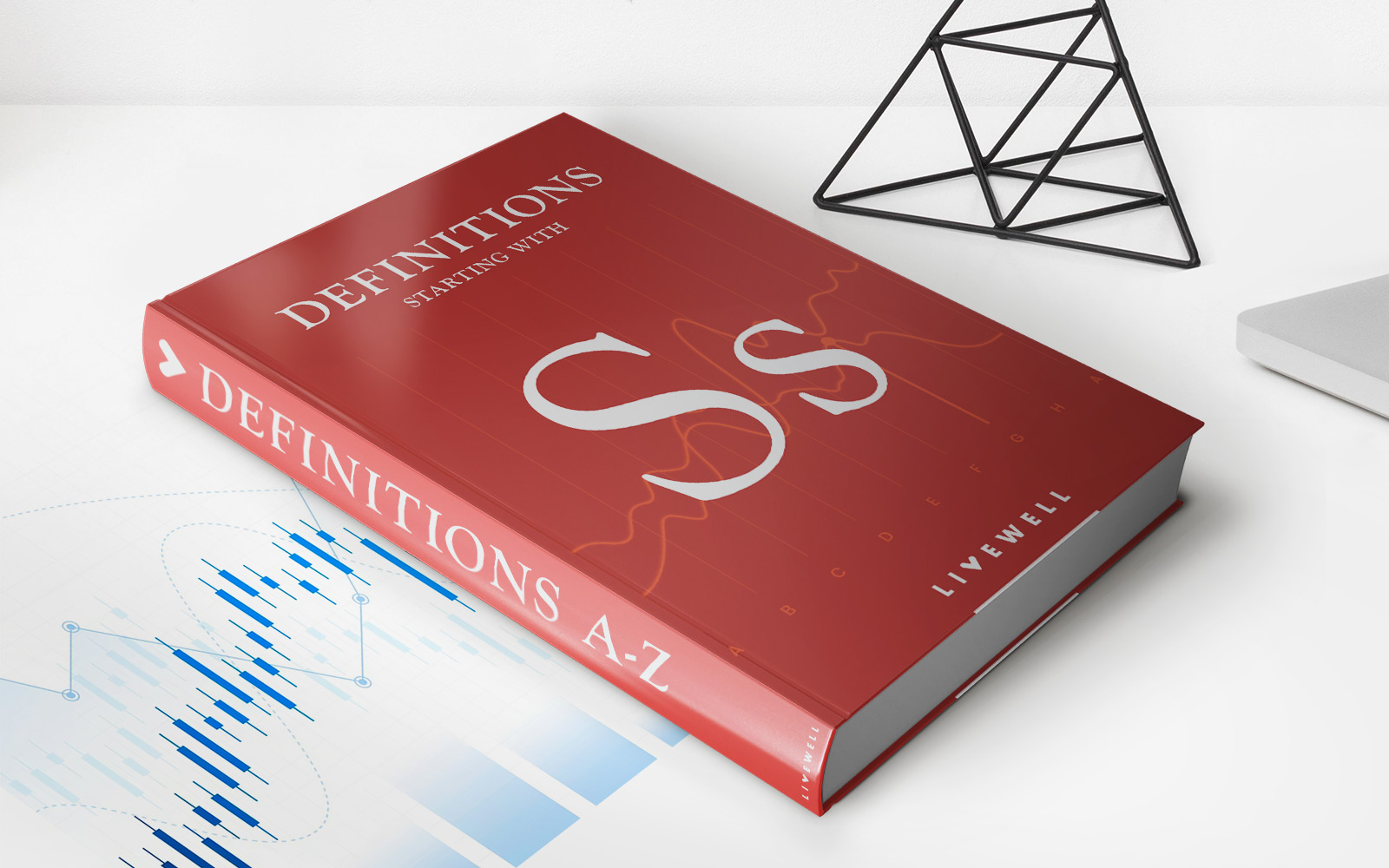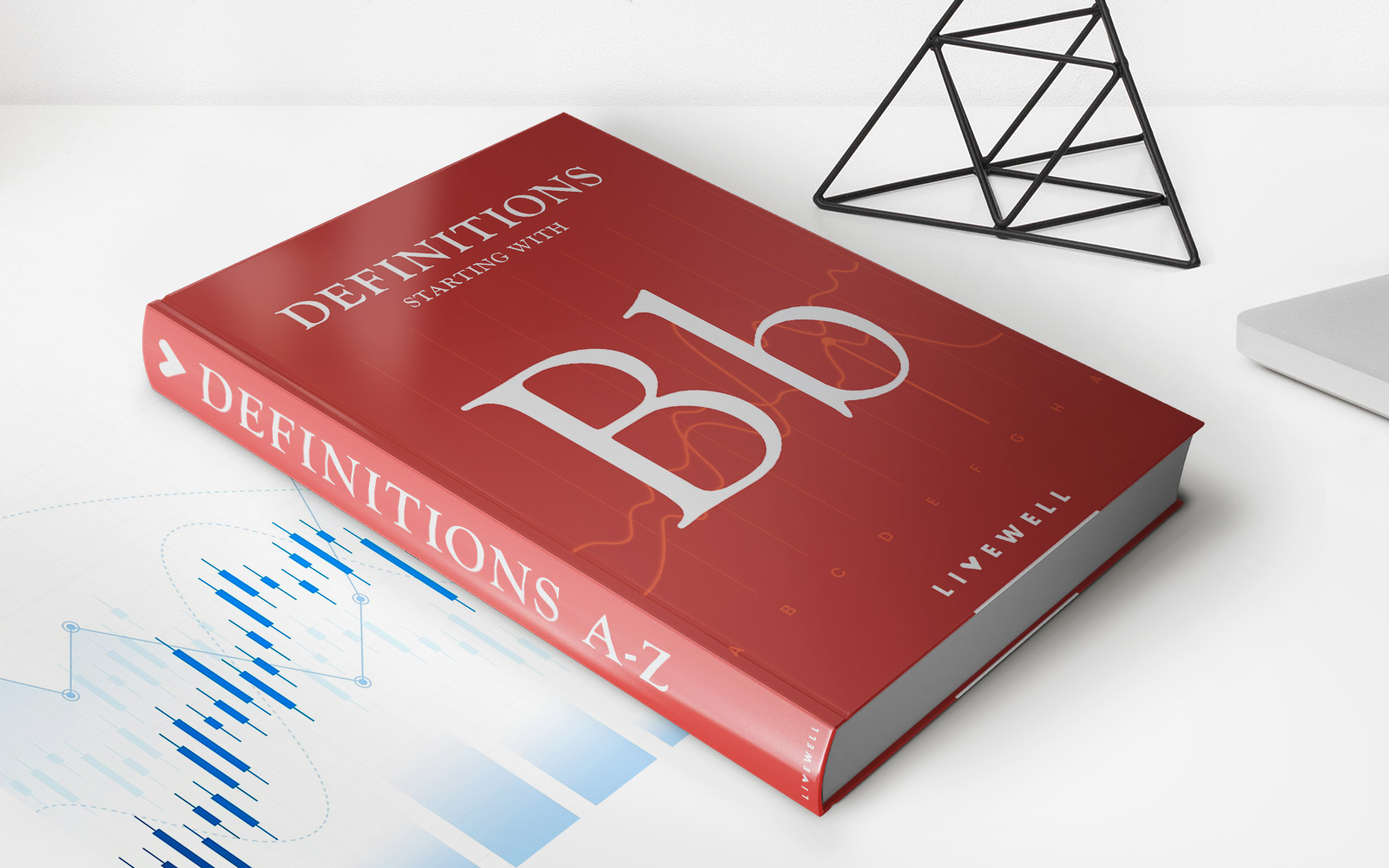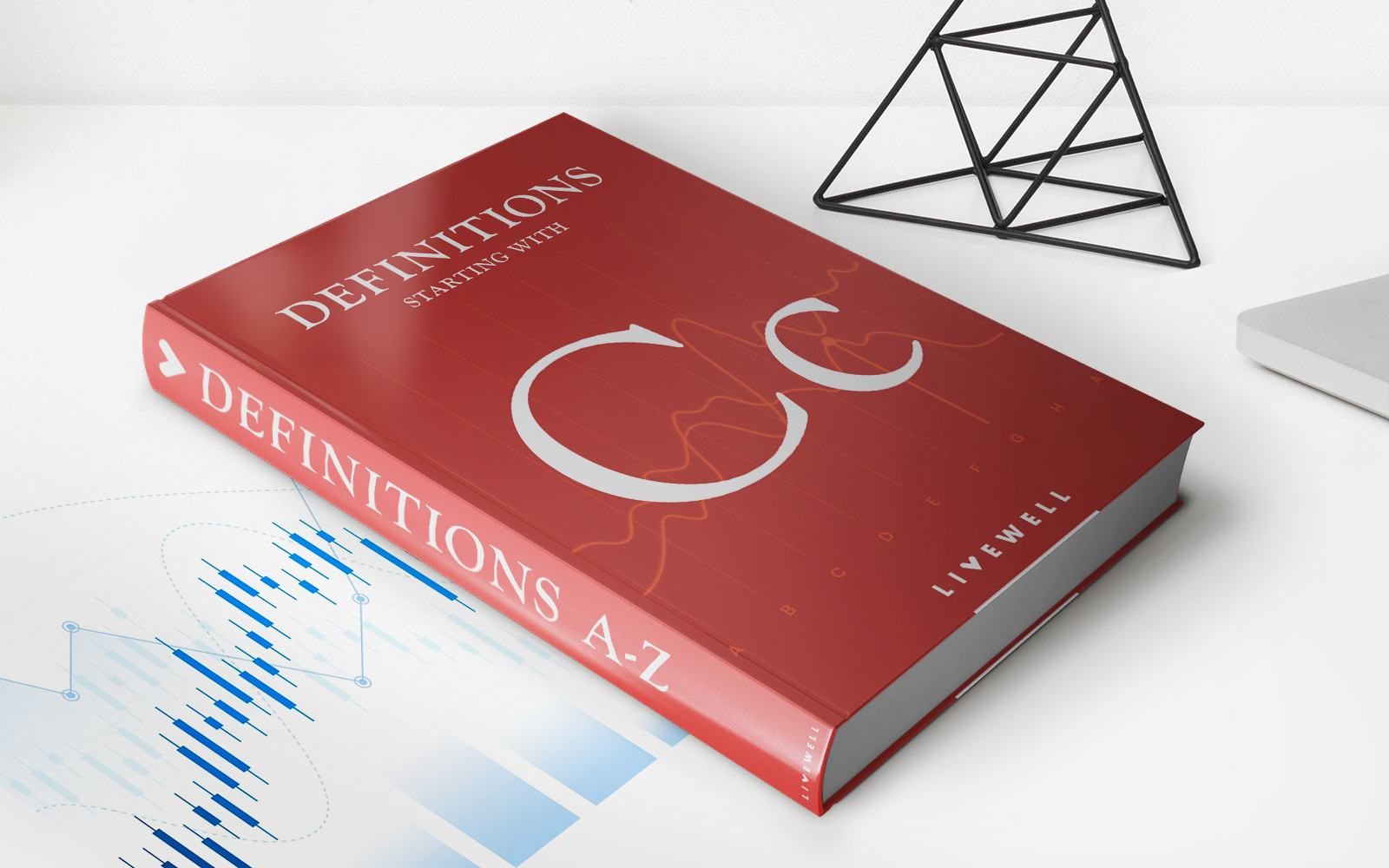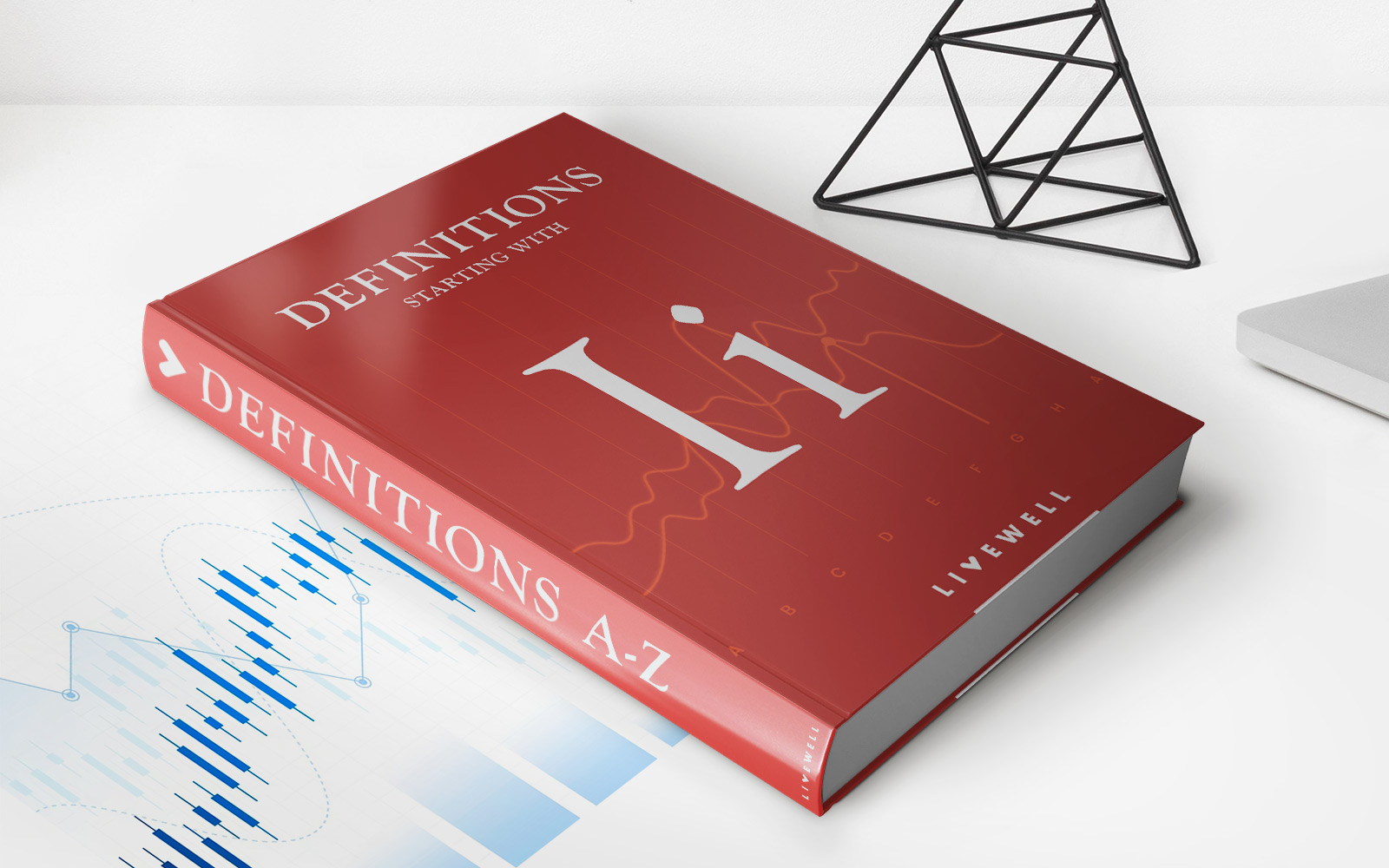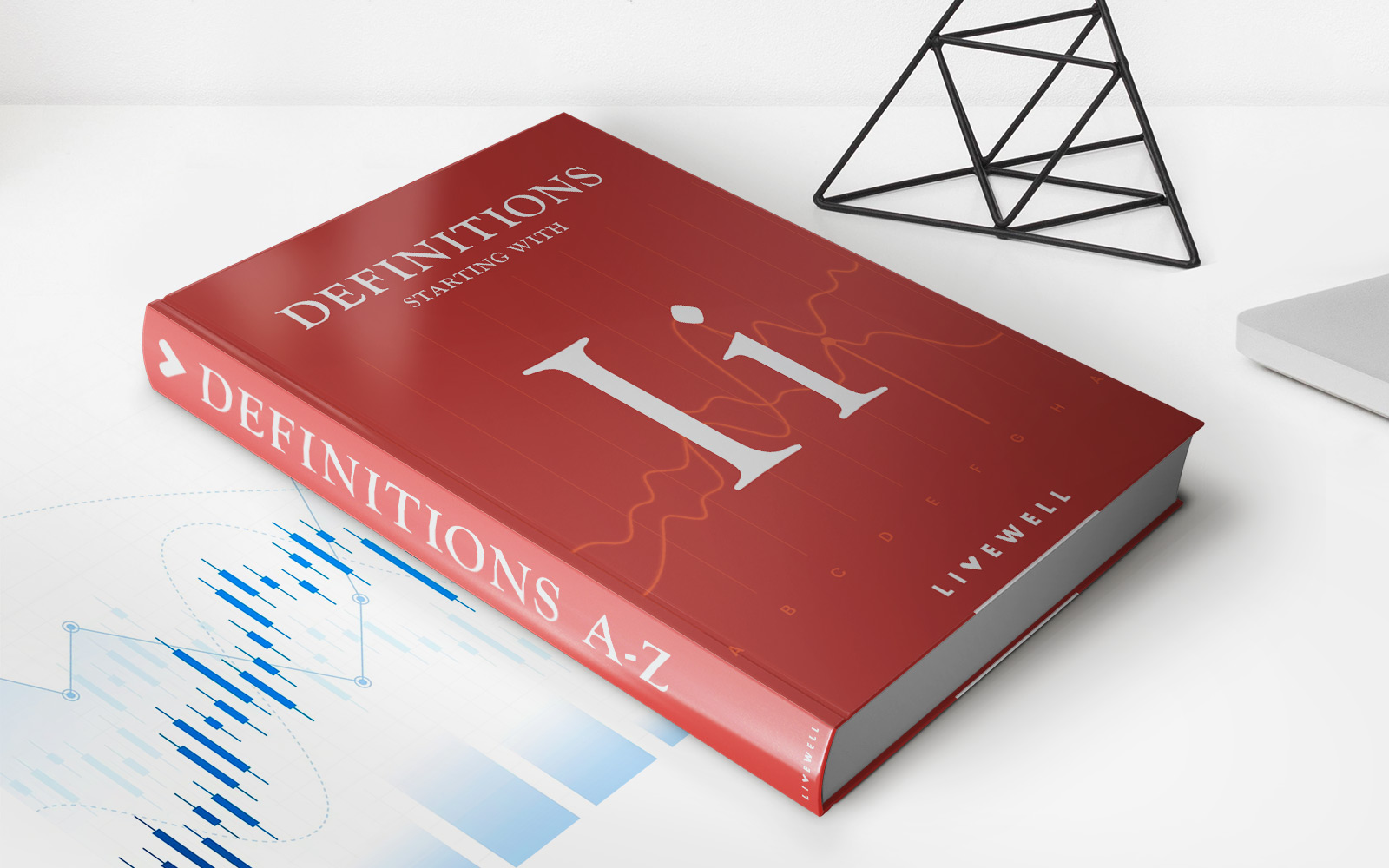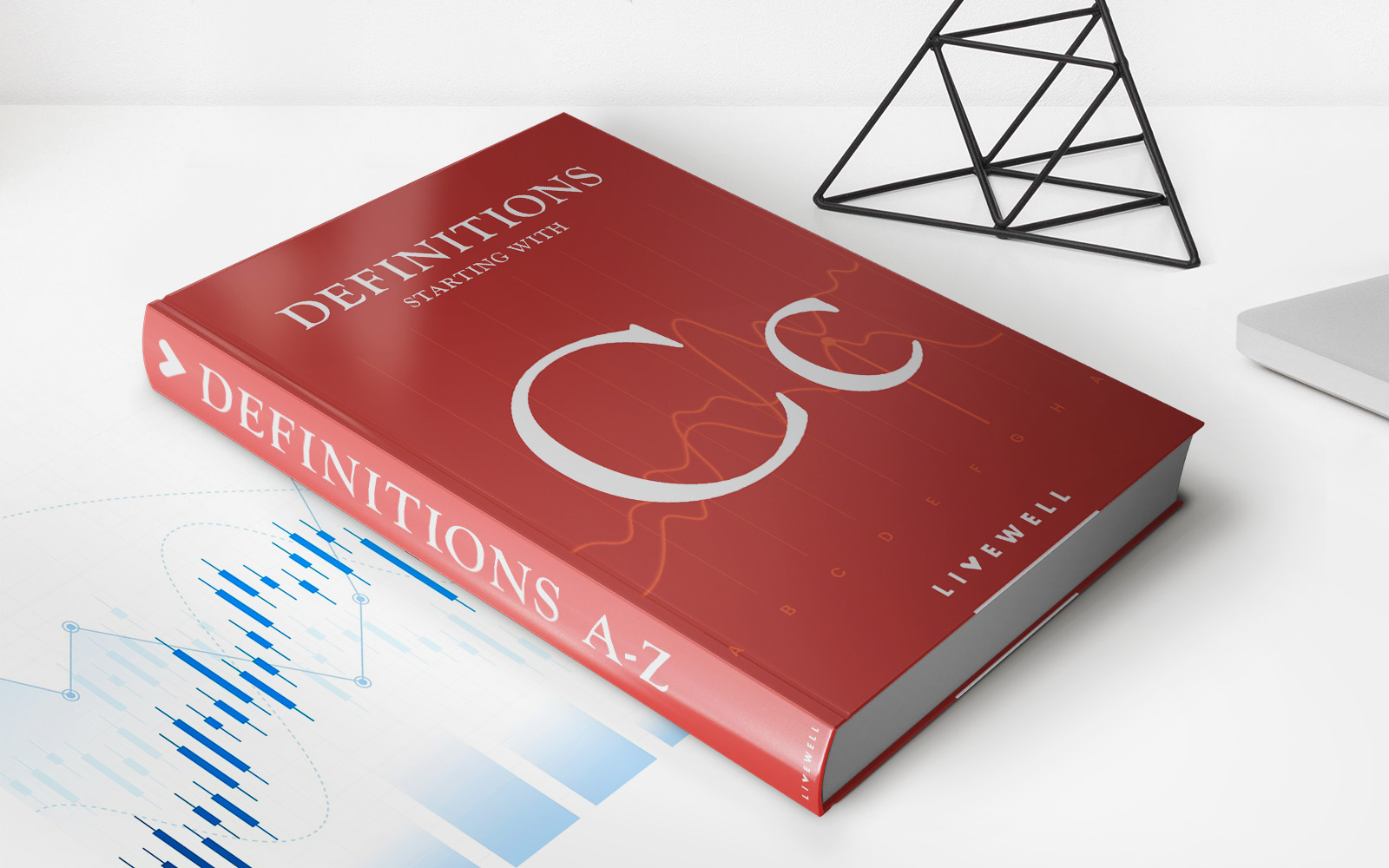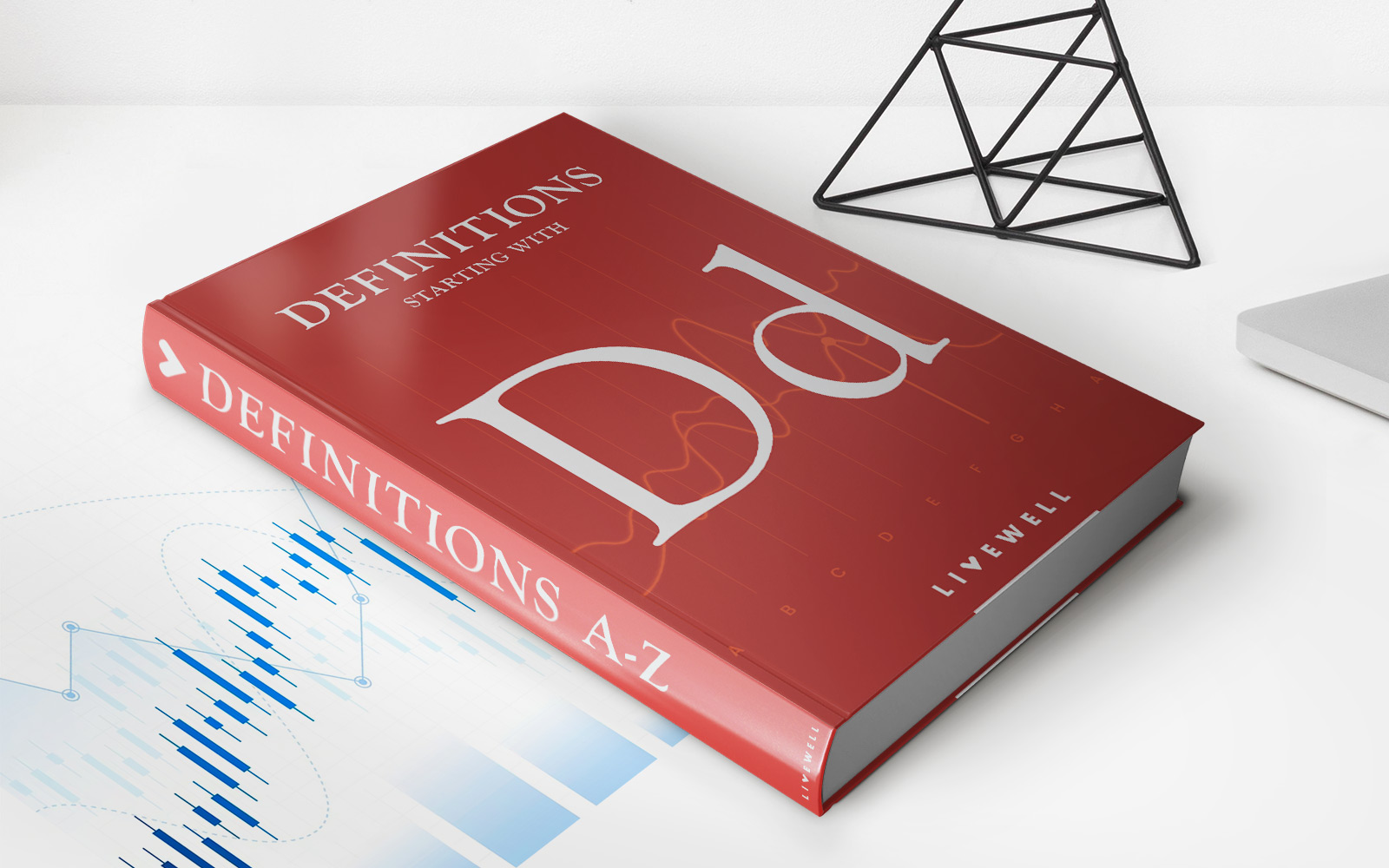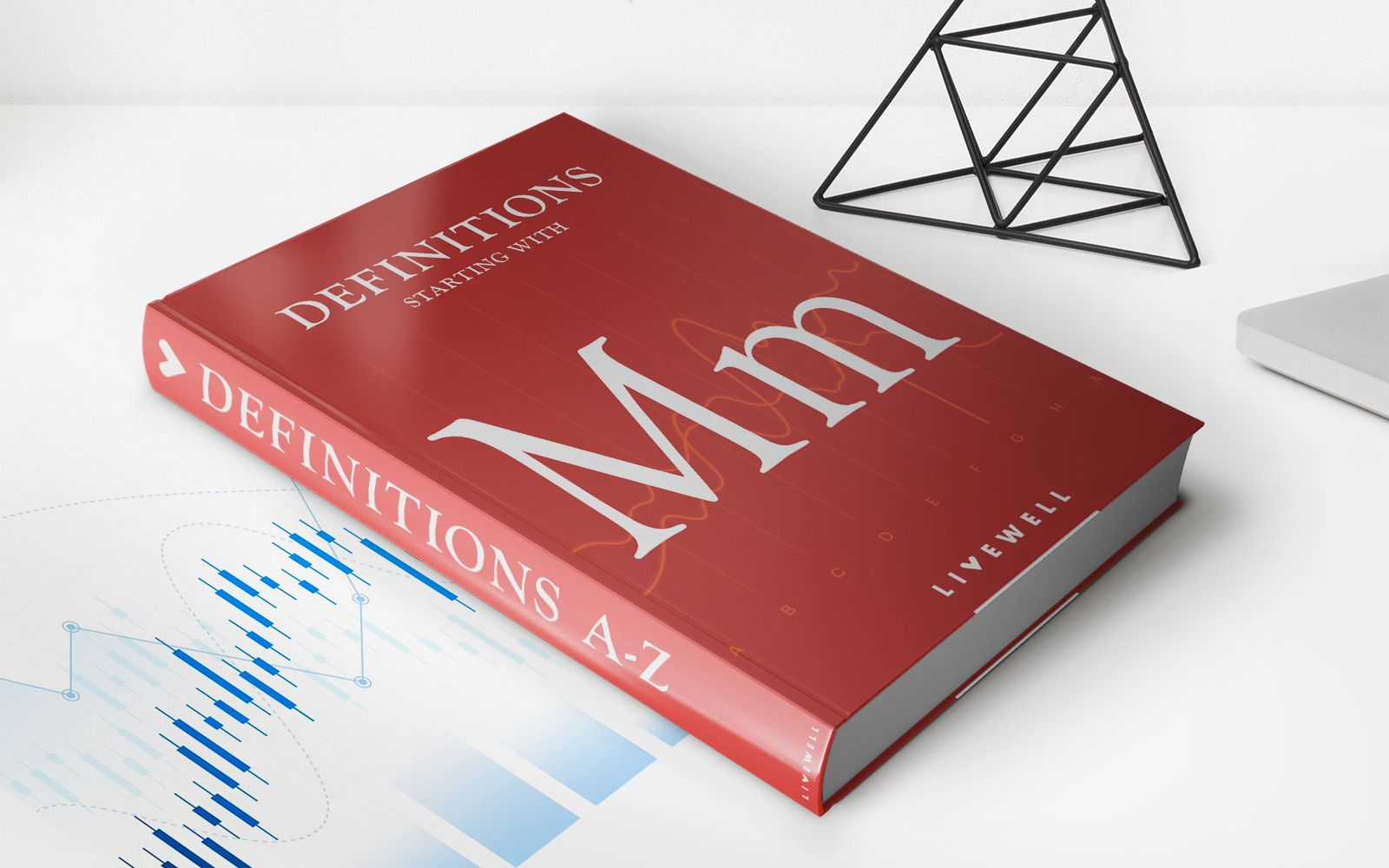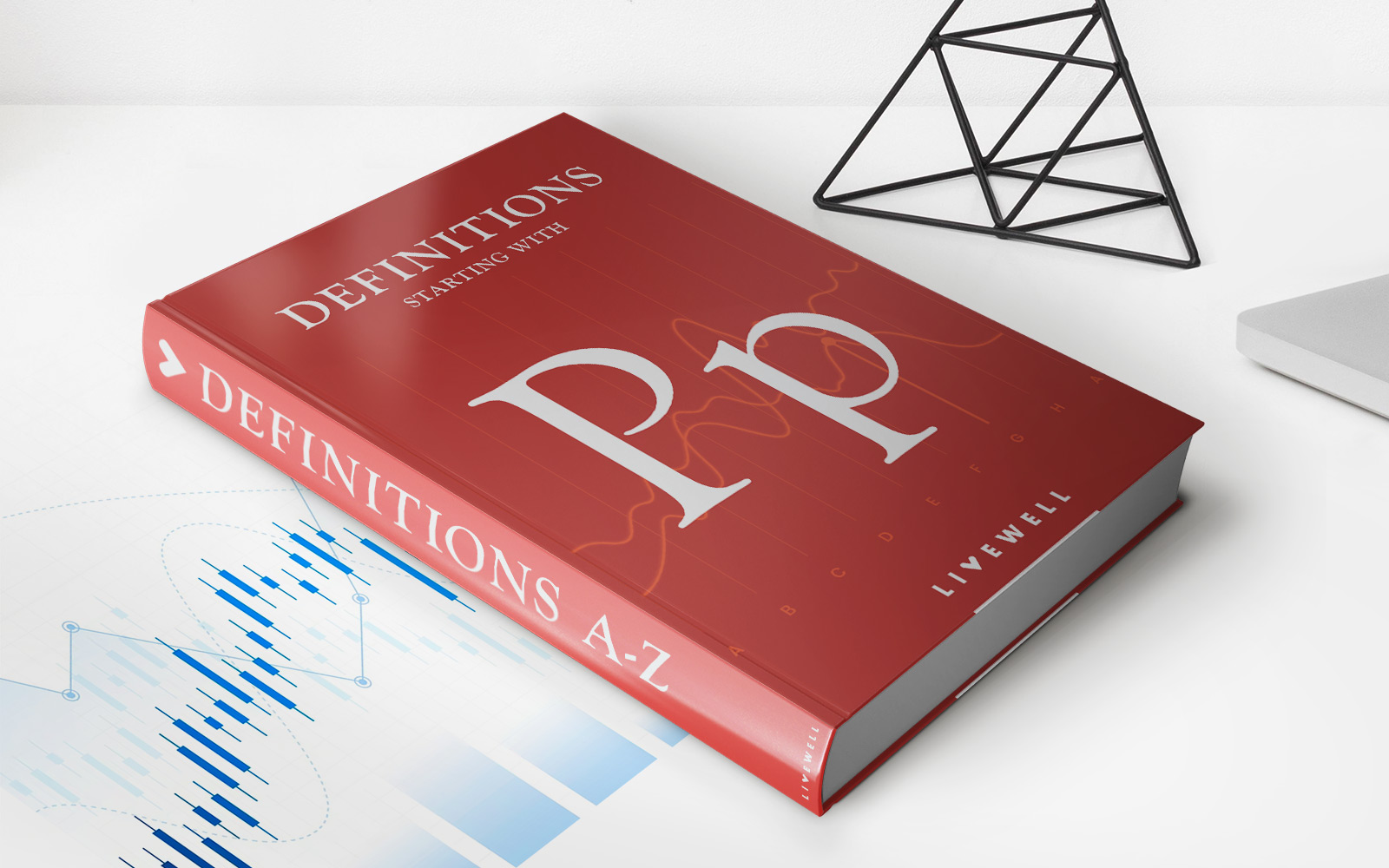

Finance
What Is A Quote For Insurance?
Modified: December 30, 2023
Learn about the importance of insurance quotes in managing your finances. Find out what a quote for insurance entails and how it can help protect your financial well-being.
(Many of the links in this article redirect to a specific reviewed product. Your purchase of these products through affiliate links helps to generate commission for LiveWell, at no extra cost. Learn more)
Table of Contents
Introduction
Insurance is an essential financial tool that helps individuals and businesses mitigate risks and protect their assets. Whether it’s for your car, home, health, or business, having the right insurance coverage can provide peace of mind and financial security. However, before securing insurance coverage, it is important to understand what is a quote for insurance.
An insurance quote is an estimate of the premium (the amount you’ll need to pay) and the terms and conditions of an insurance policy. It provides you with an overview of the coverage, as well as the cost associated with it. Insurance quotes serve as a starting point for individuals and businesses to evaluate their insurance needs and make informed decisions about which policy to choose.
The quote is typically provided by an insurance company or an insurance agent. It is important to note that insurance quotes are not binding contracts; they are simply a projection of what you can expect to pay for a particular policy. The actual premium and coverage details may vary based on various factors, such as your personal information, the specific coverage options you choose, and the insurance company’s underwriting guidelines.
Obtaining insurance quotes is a crucial step in the insurance buying process, as it allows you to compare different policies and coverage options from multiple insurers. This enables you to make an informed choice and select the policy that best fits your needs and budget.
In this article, we will delve deeper into the concept of insurance quotes, their purpose, components, and types. We will also discuss how to obtain insurance quotes, the importance of comparing them, and factors that can affect your insurance quotes. By the end of this article, you will have a better understanding of insurance quotes and be equipped with the knowledge to evaluate and choose the right insurance policy for your specific needs.
Definition of an Insurance Quote
An insurance quote is a detailed estimate provided by an insurance company or agent that outlines the cost and terms of an insurance policy. It is a formal proposal that summarizes the coverage options, premiums, deductibles, and other details associated with the insurance policy.
Think of an insurance quote as a snapshot of what you can expect to pay for a specific insurance policy. It provides you with an overview of the coverage, ensuring transparency and clarity before making a purchasing decision.
The quote will typically include information such as the type of coverage, the limits of coverage, the term of the policy, any discounts or additional features, and the associated costs. It may also include details on the insurer’s reputation, its financial stability, and customer reviews.
Insurance quotes are tailored based on the information provided by the individual or business seeking coverage. Factors such as age, gender, location, driving record, and the value of the insured property are taken into account when generating the quote. Additionally, the quote may vary depending on the type and level of coverage desired.
It is important to note that an insurance quote is not a binding contract. Once you receive a quote, you have the option to accept or decline it and are under no obligation to purchase the policy. However, if you choose to proceed with the policy, the information provided in the quote will serve as the basis for the terms and conditions of your insurance coverage.
The purpose of an insurance quote is to give individuals and businesses a clear understanding of the costs and coverage associated with a specific insurance policy. It allows you to compare different quotes from multiple insurers, enabling you to make an informed decision based on your needs and budget.
Now that we have covered the definition of an insurance quote, let’s explore the purpose of obtaining one in more detail.
Purpose of an Insurance Quote
The purpose of an insurance quote is to provide individuals and businesses with the necessary information to make informed decisions about their insurance coverage. It serves as a tool for comparing and evaluating different insurance policies and helps you find the coverage that best meets your needs and budget.
Here are some key purposes of obtaining an insurance quote:
- Understanding Coverage Options: An insurance quote gives you a clear understanding of the coverage options available to you. It outlines the types of risks that are covered, as well as any exclusions or limitations that may apply. This allows you to assess whether the policy aligns with your specific insurance needs.
- Evaluating Costs: One of the primary purposes of an insurance quote is to estimate the cost of the insurance policy. By obtaining quotes from different insurers, you can compare premiums, deductibles, and other associated costs. This helps you determine the affordability and value of the coverage provided.
- Budgeting and Planning: Insurance quotes allow you to plan and budget for insurance expenses. By knowing the estimated premium costs upfront, you can factor them into your financial planning and ensure that you allocate sufficient funds for insurance coverage.
- Comparing Policies: Insurance quotes enable you to compare policies from different insurers. This allows you to assess the level of coverage, the reputation of the insurer, and customer reviews. By evaluating multiple quotes, you can make an informed decision and select the policy that best suits your specific needs.
- Negotiating with Insurers: In some cases, obtaining insurance quotes can serve as a starting point for negotiation with insurers. If you receive multiple quotes and find a particular policy more favorable, you may be able to negotiate with other insurers to match or offer better terms and pricing.
Overall, the purpose of an insurance quote is to empower you with the necessary knowledge and information to make an informed decision about your insurance coverage. It helps you understand the coverage options, evaluate costs, and ultimately select the policy that offers the best value for your specific needs and budget.
Now that we have explored the purpose of insurance quotes, let’s move on to understanding the components that make up an insurance quote.
Components of an Insurance Quote
An insurance quote consists of several key components that provide detailed information about the coverage and associated costs of an insurance policy. Understanding these components is crucial when evaluating and comparing different insurance quotes. Here are the main elements typically included in an insurance quote:
- Coverage Details: The quote will specify the type of coverage being offered, such as auto insurance, home insurance, health insurance, or business insurance. It will outline the specific risks that are covered under the policy, including liability, property damage, medical expenses, or theft.
- Policy Limits: The quote will specify the maximum amount the insurance company will pay for covered claims. For example, an auto insurance policy may have limits for bodily injury liability and property damage liability. Understanding these limits is essential to ensure you have adequate coverage for potential losses.
- Premium: The premium is the amount you will need to pay to purchase the insurance policy. The quote will detail the premium amount and how often it needs to be paid (monthly, quarterly, annually). It’s important to note that the premium may vary based on factors such as your age, driving record, location, and the coverage options you select.
- Deductible: The deductible is the amount you must pay out of pocket before the insurance company starts covering the costs. The quote will specify the deductible amount for each coverage type. Generally, higher deductibles result in lower premiums, but it’s essential to choose a deductible that you can comfortably afford in the event of a claim.
- Additional Features and Riders: Some insurance policies offer additional features or optional riders that can enhance the coverage or provide specific benefits. The quote will outline any additional features or riders available and the associated costs, allowing you to customize the policy to meet your unique needs.
- Terms and Conditions: The quote will provide the terms and conditions of the policy, including the policy period (start and end date), any exclusions or limitations, cancellation policy, and renewal terms. It’s crucial to read and understand these terms to ensure they align with your expectations and requirements.
- Discounts: Insurance companies often offer discounts to policyholders based on various factors. The quote will highlight any applicable discounts, such as multi-policy discounts, safe driver discounts, or security system discounts. Taking advantage of these discounts can help lower your overall premium.
By understanding the components of an insurance quote, you can effectively evaluate and compare different quotes to make an informed decision. It’s important to review all the details carefully and ask your insurance agent or company for clarification if anything is unclear or if you have any questions.
Now that we have explored the components of an insurance quote, let’s discuss the different types of insurance quotes you may encounter.
Types of Insurance Quotes
There are various types of insurance quotes available, depending on the specific type of insurance coverage you are seeking. Here are some common types of insurance quotes:
- Auto Insurance Quote: Auto insurance quotes provide an estimate of the cost and coverage options for insuring your vehicle. They typically take into consideration factors such as your driving record, the type of vehicle you own, and the coverage limits you select. An auto insurance quote will outline the liability coverage, comprehensive and collision coverage, and any optional coverage options available.
- Home Insurance Quote: Home insurance quotes outline the cost and coverage options for protecting your home and its contents. Factors such as the location, size, construction type, and value of your home may impact the quote. It will detail the coverage for the structure, personal property, liability, and additional living expenses in the event of a covered loss.
- Health Insurance Quote: Health insurance quotes provide an estimate of the costs and coverage options for medical expenses and healthcare services. They consider factors such as your age, pre-existing conditions, and the level of coverage you desire. Health insurance quotes will outline the premiums, deductibles, co-pays, and other details specific to the health insurance plan.
- Business Insurance Quote: Business insurance quotes are tailored for entrepreneurs and business owners, offering coverage for various risks associated with running a business. These quotes consider factors such as the industry you operate in, the size of your business, and the specific risks you want to protect against. Business insurance quotes may include coverage for property, liability, workers’ compensation, and any additional specialized coverage required for your industry.
- Life Insurance Quote: Life insurance quotes provide an estimate of the cost and coverage options for insuring your life. They take into consideration factors such as your age, health history, and the coverage amount you desire. Life insurance quotes will outline the premiums, coverage term, and any additional riders or benefits associated with the policy.
It’s important to note that each type of insurance quote is specific to the respective type of coverage. The details included in the quote will vary based on the insurance company and the information provided by the individual or business seeking coverage.
Obtaining quotes for different types of insurance coverage allows you to compare the costs, coverage options, and terms offered by different insurers. This empowers you to make an informed decision and select the insurance policy that best suits your needs and budget.
Now that we have discussed the different types of insurance quotes, let’s move on to the next step: How to obtain an insurance quote.
Obtaining an Insurance Quote
Obtaining an insurance quote is a straightforward process that allows you to gather information and estimates from different insurance providers. Here are the steps to follow when obtaining an insurance quote:
- Identify Your Insurance Needs: Determine the type of insurance coverage you require and the specific details you want to include in your policy. Assess your insurance needs based on factors such as the value of the property or assets you want to insure, your personal or business circumstances, and any specific risks you want to protect against.
- Research Insurance Providers: Research and identify potential insurance providers that offer the type of coverage you need. Look for reputable insurance companies with a strong financial standing and positive customer reviews. Seek recommendations from friends, family, or professionals in the industry to help narrow down your options.
- Contact Insurance Companies: Reach out to the insurance companies you have shortlisted and request a quote. You can do this by contacting them directly through phone, email, or their website. Provide the necessary information, such as your personal details, property or asset information, and any other relevant information requested by the insurer.
- Provide Accurate Information: Ensure that you provide accurate and detailed information when requesting a quote. This includes your personal information, such as your age, address, and driving record, as well as any details about the property, assets, or business you want to insure. Accuracy in your information will ensure that the quotes you receive are as precise as possible.
- Compare Quotes: Once you have received quotes from multiple insurance providers, carefully review and compare them. Consider factors such as the coverage limits, deductibles, premiums, additional features, and discounts offered. Evaluate the overall value of the coverage provided by each insurer, keeping in mind your specific needs and budget.
- Ask Questions: If you have any questions about the quote, policy terms, or any other details, don’t hesitate to reach out to the insurance provider for clarification. Understanding the coverage and terms is crucial in making an informed decision and choosing the right insurance policy.
- Make a Decision: Based on your research, comparisons, and assessment of the quotes, make a decision on which insurance policy to purchase. Contact the chosen insurance provider to proceed with the policy purchase process, providing any additional information or documentation required.
Obtaining insurance quotes allows you to gather information, compare options, and find the best coverage at the most competitive rates. It’s important to allocate sufficient time for research and to carefully evaluate the quotes received to ensure you make an informed decision that aligns with your insurance needs and budget.
Now that we understand how to obtain insurance quotes, let’s move on to the importance of comparing insurance quotes.
Importance of Comparing Insurance Quotes
Comparing insurance quotes is a crucial step in the insurance buying process. It allows you to evaluate different policies, coverage options, and premiums offered by various insurance providers. Here are some reasons why comparing insurance quotes is important:
- Cost Savings: One of the key advantages of comparing insurance quotes is the potential for cost savings. Insurance premiums can vary significantly between providers for the same coverage. By obtaining multiple quotes, you can identify the most affordable option that still meets your insurance needs. This ensures that you get the best value for your money.
- Customization and Flexibility: Not all insurance policies are the same. Comparing quotes allows you to understand the different coverage options available, as well as any additional features or riders. This customization and flexibility enable you to tailor the policy to your specific needs and choose the coverage that suits you best.
- Ensuring Adequate Coverage: Insurance quotes help you evaluate the coverage limits offered by different insurers. By comparing quotes, you can assess whether the coverage limits provided are sufficient to protect your assets and mitigate potential risks. This ensures that you have the right level of coverage to meet your individual or business needs.
- Understanding Policy Terms and Conditions: Each insurance policy comes with its own terms and conditions. By comparing quotes, you can carefully review and understand the policy details, including any exclusions, limitations, or special provisions. This helps you make an informed decision based on a clear understanding of the coverage and its associated terms.
- Customer Service and Reputation: Comparing insurance quotes gives you the opportunity to research and assess the customer service and reputation of different insurance providers. Read reviews, seek recommendations, and consider the insurer’s track record in handling claims and their overall customer satisfaction. Choosing a reputable insurer with good customer service ensures a smooth insurance experience.
- Identifying Discounts and Special Offers: Insurance providers often offer discounts and special offers to attract customers. By comparing quotes, you can identify any available discounts that might be applicable to your situation. These could include multi-policy discounts, safe driver discounts, or loyalty rewards. Taking advantage of these discounts can further reduce your premiums.
Overall, comparing insurance quotes allows you to make an informed decision when selecting an insurance policy. It ensures that you get the right coverage at a competitive price, tailored to your specific needs. Taking the time to compare quotes can result in significant cost savings, better coverage options, and improved overall satisfaction with your insurance policy.
Now that we understand the importance of comparing insurance quotes, let’s explore the factors that can affect insurance quotes.
Factors Affecting Insurance Quotes
When obtaining insurance quotes, it’s important to understand that several factors can impact the quoted premium. Insurance companies consider various elements specific to an individual or business when determining the price of coverage. Here are some key factors that can affect insurance quotes:
- Type and Level of Coverage: The type and level of coverage you select play a significant role in determining the premium. Different coverage options come with varying costs, with more comprehensive coverage typically resulting in higher premiums.
- Age and Gender: For certain types of insurance, such as auto or life insurance, age and gender can impact the premium. Younger individuals or those with a higher risk profile may be quoted higher premiums. Gender-based pricing may also apply in some regions.
- Driving Record: When obtaining auto insurance quotes, your driving record is a critical factor. Traffic violations, accidents, and claims history can result in higher premiums, as they indicate a higher risk of future claims.
- Location: The location of your home or business can affect the insurance quote. Factors such as crime rate, proximity to natural disasters, and regional insurance trends can impact the premium.
- Claims History: The number and severity of past insurance claims can influence future premiums. Individuals or businesses with a history of frequent claims may face higher premiums due to the perceived increased risk.
- Value of Property or Assets: The value of the property or assets being insured can impact the premium. Higher-value assets typically require higher coverage limits, resulting in higher premiums.
- Insurance Score: Some insurance companies use an insurance score, which is based on factors such as credit history and insurance claims history, to assess the risk profile of the applicant. A higher insurance score may lead to lower premiums.
- Deductible Amount: The deductible is the amount you agree to pay out of pocket before the insurance coverage kicks in. A higher deductible can result in a lower premium, as you are assuming more of the risk.
- Discount Eligibility: Insurance companies often provide discounts for various reasons, such as bundling multiple policies, maintaining a good driving record, installing security systems, or being a loyal customer. Qualifying for these discounts can lower the premium.
- Industry and Business Size: For business insurance, factors such as industry type, business size, revenue, and number of employees can influence the premium. Higher-risk industries may have higher premiums due to the increased likelihood of claims.
It’s important to note that the weight assigned to each factor may vary between insurance companies. Additionally, different insurers may have different pricing models and underwriting standards, which can result in varying quotes for the same coverage. Comparing quotes from multiple insurers will help you understand how these factors impact the premium and ensure that you get the coverage you need at a competitive price.
Now that we understand the factors that can affect insurance quotes, let’s move on to understanding how to evaluate and interpret insurance quotes.
Understanding and Evaluating Insurance Quotes
Understanding and evaluating insurance quotes is essential to ensure you make an informed decision about your coverage options. Here are some key steps to help you effectively assess and interpret insurance quotes:
- Review Coverage Details: Carefully read and understand the coverage details provided in the quote. Ensure that the policy covers the specific risks and assets you want to protect. Take note of any exclusions, limitations, or special provisions that may impact your coverage.
- Assess Premium and Deductible: Evaluate the premium amount and the deductible associated with the policy. Consider whether the premium is affordable within your budget and determine if the deductible is reasonable and manageable in the event of a claim. Strike a balance between a lower premium and a deductible that you can comfortably pay.
- Compare Limits of Coverage: Examine the limits of coverage mentioned in the quote. Ensure that the coverage limits are sufficient to protect your assets adequately. Assess whether any supplemental coverage options or riders are necessary to address specific risks or enhance the coverage.
- Consider Additional Features: Take note of any additional features or benefits mentioned in the quote. These may include benefits such as roadside assistance, rental car coverage, or identity theft protection. Assess the value of these extras and determine if they are beneficial for your needs.
- Check Discounts and Savings: Look for any applicable discounts or savings mentioned in the quote. Consider whether you qualify for these discounts based on factors such as bundling policies, maintaining a good driving record, or installing security systems. Discounts can help reduce your premium and increase overall affordability.
- Research the Insurer: Research the insurance company’s reputation, financial stability, and customer service track record. Read reviews, seek recommendations, and ensure that the company has a positive reputation for handling claims efficiently and providing excellent customer support.
- Ask Questions: If you have any doubts or questions about the coverage, terms, or any other aspect of the quote, reach out to the insurance provider for clarification. Understanding the details of the policy is crucial to ensure that it meets your expectations and requirements.
- Consider the Overall Value: Take a comprehensive view of the coverage, premium, deductible, and any additional benefits offered in the quote. Consider the overall value that the policy provides based on your specific needs. Evaluate the level of protection provided versus the cost you will incur.
By following these steps, you can effectively evaluate and interpret insurance quotes to make an informed decision about the policy that best fits your needs and budget. Remember that insurance quotes are not binding contracts, so it’s essential to review and compare multiple quotes to ensure you choose the most suitable coverage option.
Now that we have covered how to understand and evaluate insurance quotes, let’s conclude by summarizing the key points discussed.
Conclusion
Understanding insurance quotes is a crucial step in the insurance buying process. Whether you are looking for auto insurance, home insurance, health insurance, or business insurance, obtaining and comparing quotes allows you to make informed decisions about your coverage options. Insurance quotes provide valuable information about the cost, coverage details, and terms and conditions of an insurance policy.
Throughout this article, we have explored the definition of an insurance quote, its purpose, the components that make up a quote, the different types of insurance quotes, how to obtain quotes, the importance of comparing quotes, factors that can affect quotes, and how to evaluate and interpret insurance quotes.
By obtaining multiple insurance quotes and carefully comparing them, you can find an insurance policy that offers the right coverage at a competitive price. Evaluating the coverage details, premium, deductible, additional features, and discounts, as well as researching the insurer’s reputation, ensures you can make an informed decision based on your unique insurance needs and budget.
Remember, insurance quotes are not binding contracts, and it’s important to review the quotes and their associated terms before making a final decision. As your insurance needs may change over time, it is advisable to periodically review and re-evaluate your coverage options and obtain updated quotes to ensure that you have appropriate and cost-effective insurance protection.
Ultimately, the goal of obtaining insurance quotes is to provide security, peace of mind, and financial protection against unforeseen events. By understanding and taking advantage of insurance quotes, you can safeguard yourself, your loved ones, and your assets from potential risks and enjoy the confidence of knowing you have the coverage you need.



